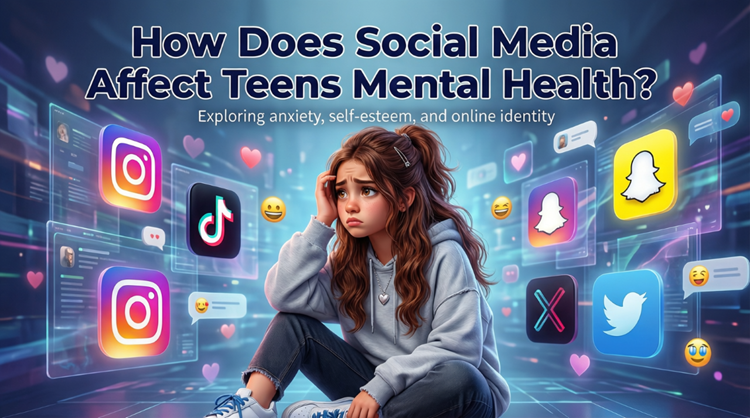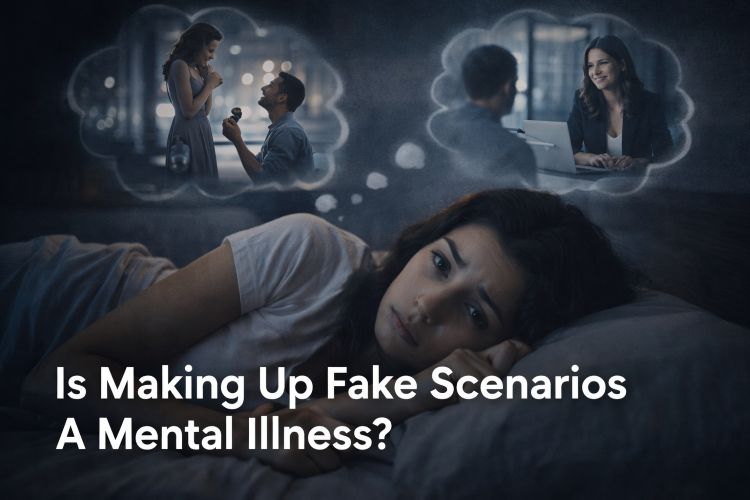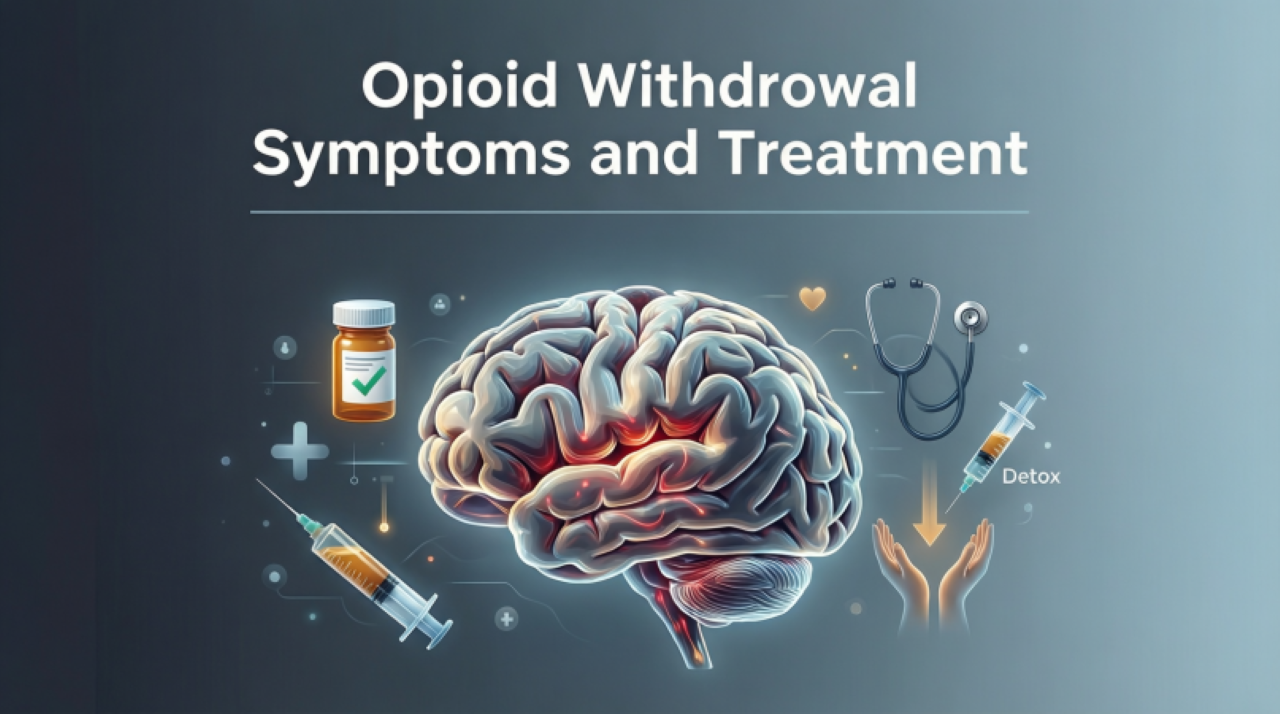What is Mindfulness Meditation?
Mindfulness is an activity in the mind that makes people conscious of the present without being judgmental. It is actually a process where one considers the things that they are thinking and feeling and the happenings physically and thus peeks at them without reacting. As it is grounded on the traditional practice, mindfulness today is widely used in the field of modern psychology to support mental well-being and health.
Mindfulness meditation is able to assist people to overcome the rapid pace of thinking, to control their emotions, and to create a sense of calmness in their daily lives. Mindfulness could be an effective way of improving the well-being of individuals who suffer from anxiety disorders.
What are Anxiety Disorders?
Anxiety disorders are mental illnesses that occur in millions of people across the world. Anxiety disorders, unlike normal stress or worry, create constant and unjustifiable fear that disrupts work and relationships, as well as daily functioning.
Anxiety disorders are of several types, including:
- Generalized Anxiety Disorder (GAD): Feeling anxious all the time about some daily things.
- Social Anxiety Disorder: A severe dread of socialization or ridicule.
- Panic Disorder: Periodic breakdowns of unpreventable fear and physical signs.
- Phobia: Gross, unreasonable fears of certain things or circumstances.
The first step in the right management of anxiety disorder symptoms is to understand the conditions.
Symptoms and Causes of Anxiety Disorders
Common Symptoms:
- Excessive anxiety and excitement.
- Rapid pulse and dyspnea.
- Sweating, shivering or dizziness.
- Difficulty concentrating
- Trouble sleeping
- Tense states of the muscles and irritability.
Possible Causes:
The causes of the development of anxiety disorders are complex:
- Biological: Genetics and brain chemistry disequilibrium.
- Environmental: Trauma, or Stress life.
- Psychological: Behavioral training and unhealthy thinking habits.
The therapy typically requires an overlapping of therapies, coping skills and lifestyle changes.
How to Do Mindfulness Meditation
Mindfulness meditation is easy to begin and it is not equipment-intensive. Here’s a step-by-step guide:
- Finding a quiet place – this is where one sits and gets comfortable, either in a chair or on the floor.
- Be Mindful about your breathing – Be conscious of your breathing in and breathing out and do not meddle with it.
- Be Aware Of Your Thinking – As your thoughts wander, be nice and remind yourself that you are not on track and you have to come back to your breath.
- Body Scan – Learn to notice different components of your body, feeling or tension.
- Stay Present – It is being present without referring to either the past or the future.
- Daily Exercise – Start with 5 minutes and slowly increase to 20-30 minutes.
How Mindfulness Meditation Helps with Anxiety
Mindfulness meditation has been stipulated to reduce the symptoms of anxiety. Here’s how it helps:
- Stopping the Worry Process: By letting thoughts pass by without responding to them, people will never descend to negative thoughts.
- Lowers Stress Response: Meditation lowers cortisol, the stress hormone and it is very relaxing.
- Enhances Focus and Clarity: Helps to take the mind off worrying matters and to the present.
- Encourages Emotional Control: Strengthens and is less responsive to source of stress.
- Anxiety Disorder: Long-term management: Mindfulness is a permanent coping mechanism, and its use is combined with therapy.
Therapies of motivational interviewing are compatible with mindfulness. The motivational interviewing skills would assist in encouraging the clients to talk about their ambivalence and be more motivated to change. Through motivational interviewing training, the therapists are able to know how to guide individuals to healthier coping mechanisms such as regular meditation techniques as well as stress coping mechanisms.
Care at Florida Atlantic Coast Treatment Solutions
We know what it feels like to have the nervous system on panic inside Florida Atlantic Coast Treatment Solutions. Our group comprises of caring professionals and we provide evidence-based treatment that helps the clients to regain their sanity and balance.
Our programs include:
- Customized care packages of your own choice.
- The evidence-based interventions such as CBT, mindfulness-based therapy and motivational interviewing therapy.
- Referral to substance use-related or mental health-related disorders.
- A long-term wellness integrated care model.
By means of a combination of effective clinical interventions and mindfulness-based methods, we provide platforms and tools for managing anxiety disorders and achieving long-term recovery.
Today, call us at (844) 643-2287 and receive more information about our programs and start the process of healing.

Conclusion
The feeling of anxiety disorders can be devastating but you can be relieved with the help of the needed tools. Mindfulness meditation is a fast yet effective approach to dealing with the symptoms, relaxing the mind and developing resilience. Professional care, application of motivational interviewing, and holistic support contribute to recovery being more achievable.
You just cannot wait after the anxiety and contact Florida Atlantic Coast Treatment Solutions.
FAQs
What is the 3-3-3 rule of anxiety?
The 3-3-3 rule serves to bring you down when you are experiencing anxiety. Name three things you see, three things you hear, and move two parts of your body. It assists in getting attention to the here and now.
Can mindfulness meditation cure anxiety?
Mindfulness meditation is not a therapy, yet it has been found to help minimize the symptoms of anxiety. It can cause a profound beneficial effect on mental health when combined with treatment and lifestyle modifications.
What is the difference between anxiety and anxiety disorder?
Anxiety is a normal stress reaction, and anxiety disorder is a manifested excess and constant worry that disrupts usual life.
How to beat anxiety naturally?
Of the natural methods, one can mention mindfulness meditation, deep breathing, physical activity, minimizing caffeine, expressing gratitude, and a healthy lifestyle.
What is the best vitamin for anxiety?
Better stress management is often associated with B vitamins, magnesium, and vitamin D. Supplements should be consulted with a doctor at all times.


